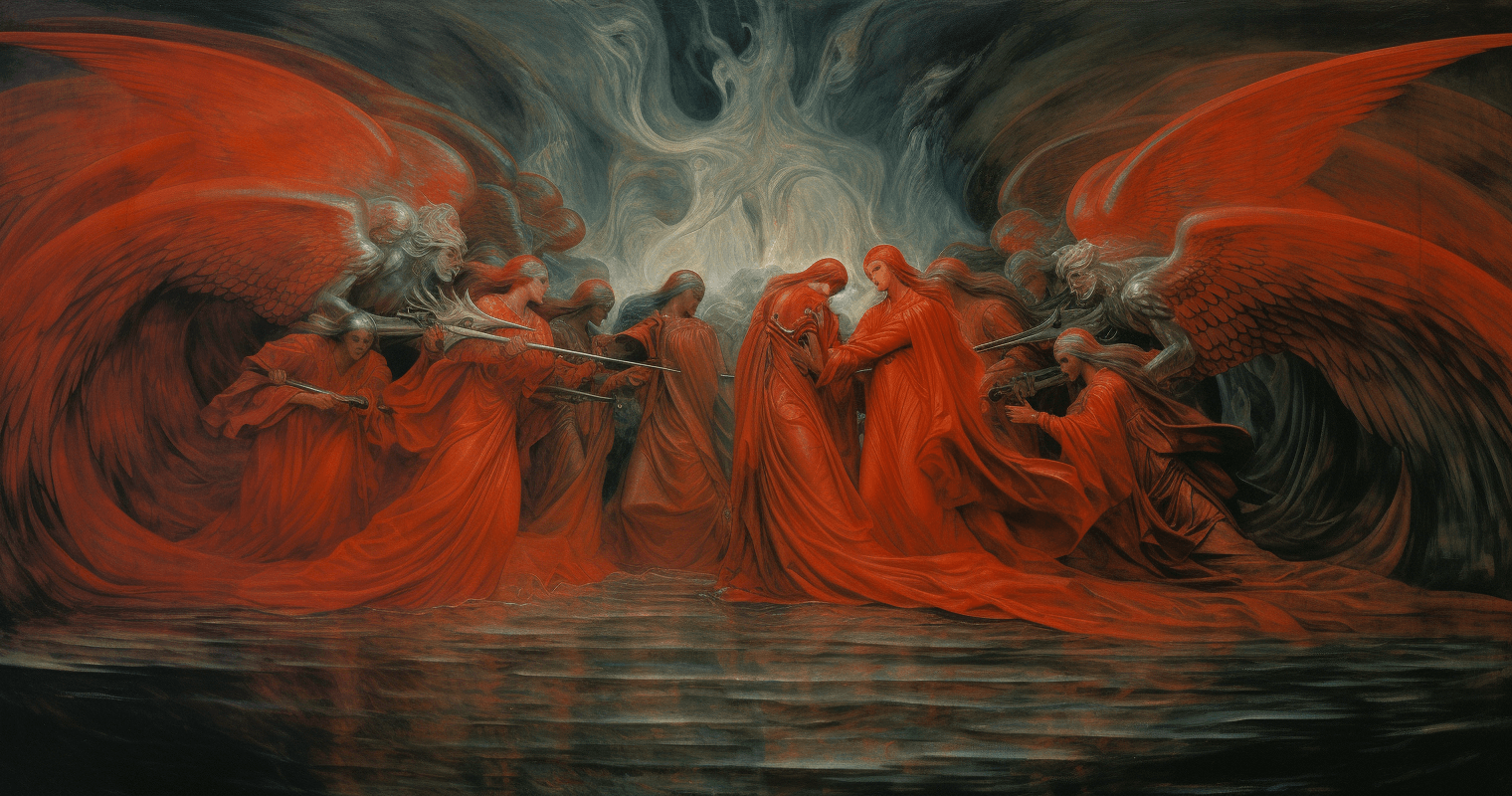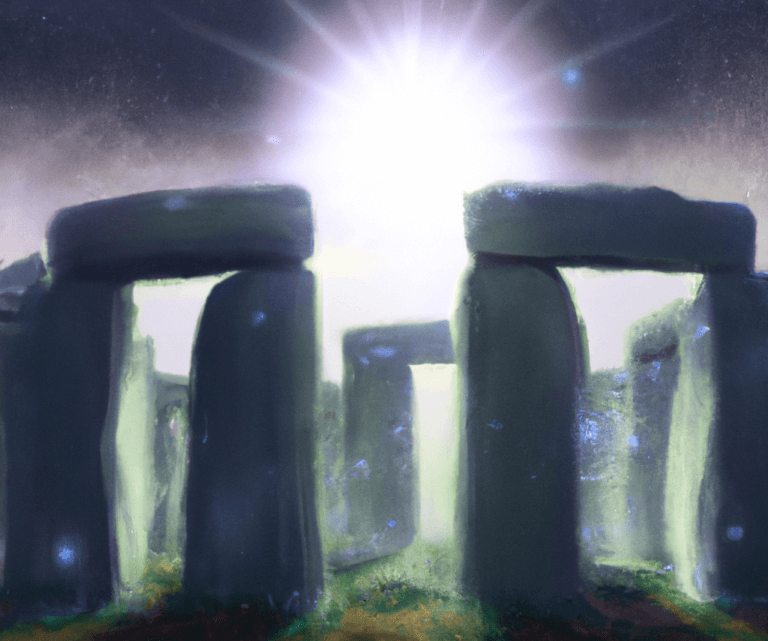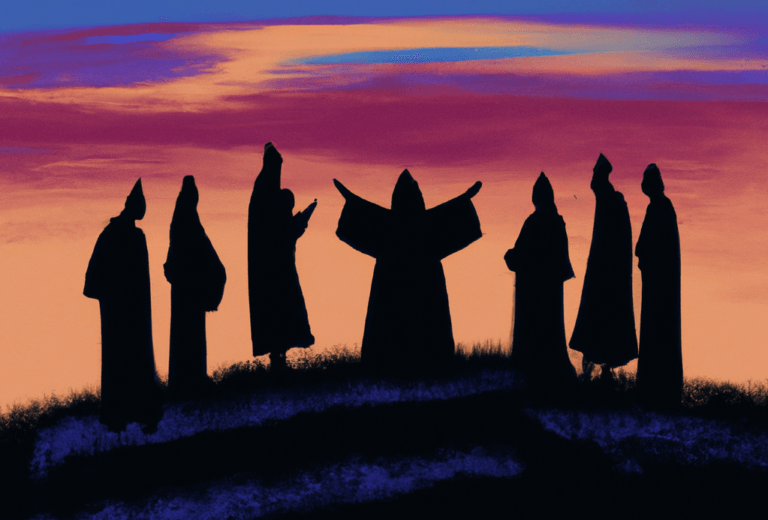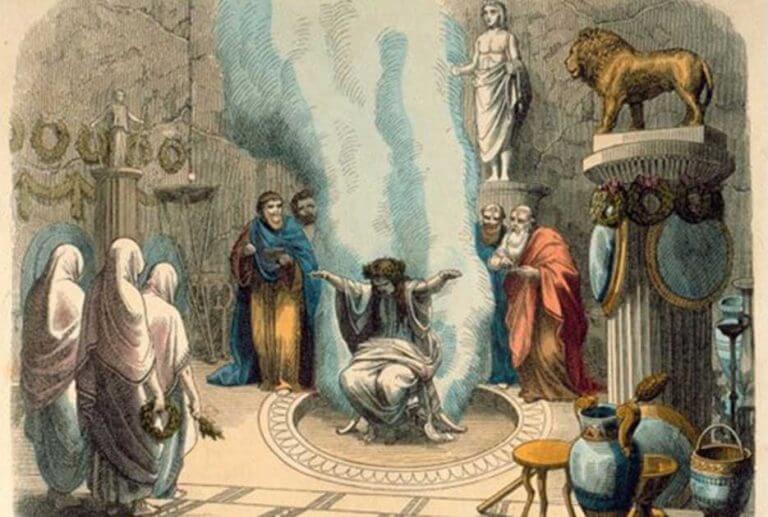The History of Human Sacrifice: Ritual, Power, and Societal Evolution
Human sacrifice, the act of offering the life of a person to a deity or supernatural force, has been practiced by numerous cultures throughout history. It is a chilling testament to the lengths to which societies have gone in the pursuit of religious devotion, power, or societal order. This article delves into the history and reasons behind human sacrifice and its decline over time.
1. Ancient Civilizations and Human Sacrifice:
Mesopotamia: In ancient Mesopotamia, foundations of buildings were sometimes accompanied by foundation sacrifices, typically animals, but occasionally human beings, to ensure the structure’s stability and protection.
Ancient China: In ancient Chinese civilizations, particularly the Shang dynasty, there’s evidence suggesting that servants, soldiers, and others were buried with the deceased elite to accompany them in the afterlife.
Mesoamerica: The Aztecs are perhaps most infamously known for their human sacrifices, which were conducted in vast numbers, often atop pyramid-like temples. These sacrifices were believed to appease the gods, particularly the sun god, ensuring the continued cycle of the seasons.
Maya: Similar to the Aztecs, the Maya participated in human sacrifice, often involving ballgame losers, war prisoners, or particularly young women.

2. Religious and Societal Justifications:
For many cultures, human sacrifice was seen as a means to appease gods or ancestral spirits. The reasons vary:
- Agricultural Needs: It was believed that human blood would ensure rain or a good harvest.
- Foundational Sacrifices: Some cultures believed that establishing a city or building a significant monument required a human sacrifice to ensure its longevity and prosperity.
- Societal Order: Sacrifices, often involving prisoners of war, could serve to intimidate rival groups and consolidate power.
3. Decline of Human Sacrifice:
The decline in the practice of human sacrifice can be attributed to various reasons:
- Moral and Ethical Evolution: As societies became more complex, the value of human life became more universally recognized.
- Religious Shifts: The rise of monotheistic religions, particularly Christianity and Islam, which explicitly condemned human sacrifice, played a significant role in its decline.
- State Formation: As powerful states with centralized authorities formed, human sacrifice became less essential for power consolidation.
4. Modern Perception:
Today, the idea of human sacrifice is universally reviled and criminalized. The practice is seen as a relic of ancient times, providing a stark reminder of humanity’s capacity for brutality in the name of religious or societal ends. Modern archaeological and anthropological studies continue to unearth details about these practices, allowing contemporary societies to reflect on past beliefs and behaviors.

Conclusion:
Human sacrifice, though a dark chapter in human history, offers insight into the complexities of ancient civilizations, their beliefs, and the measures they believed necessary to ensure societal order and divine favor. By studying this practice, contemporary societies can gain a better understanding of human evolution in terms of morality, spirituality, and governance.






